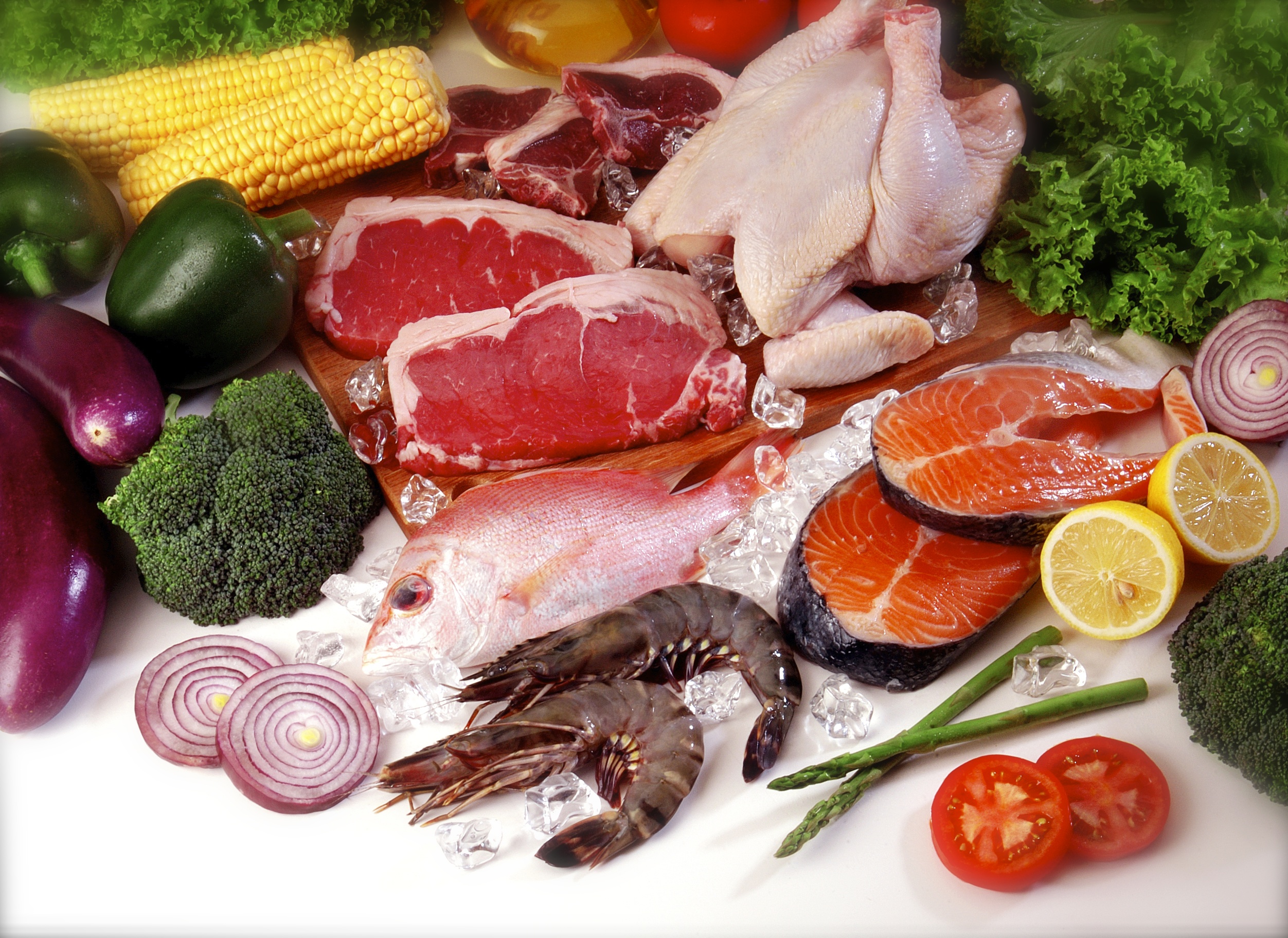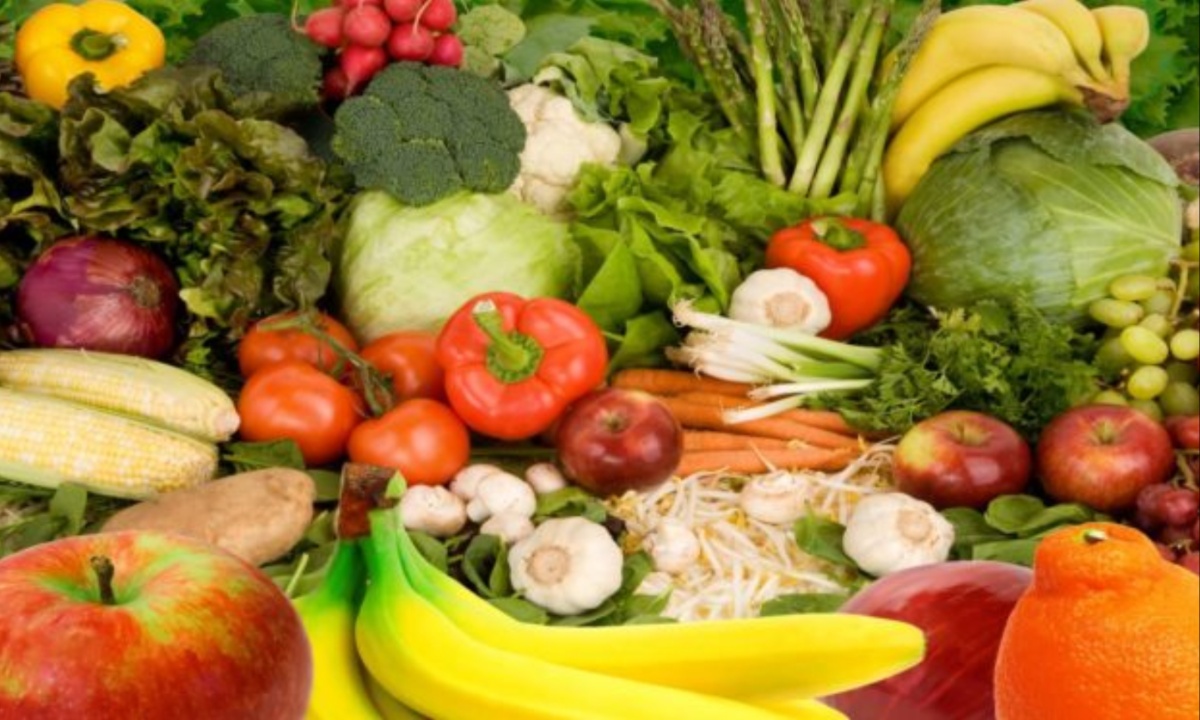The latest report on potential fraud and non-compliance identified by EU member states highlights issues with mineral water treatment, traceability problems, and olive oil quality. The number of fraud alerts declined in May to 281, down from higher figures in previous months, including 341 in April and 345 in March.
These alerts are derived from various networks, such as the Rapid Alert System for Food and Feed (RASFF), the Administrative Assistance and Cooperation Network (AAC), and the Agri-Food Fraud Network (FFN), and they encompass a wide range of products and concerns.
These identified issues, which could prompt investigations by national authorities, focus on possible fraud and non-compliance. The data covers multiple areas, including food, animal feed, food contact materials, animal welfare, plant protection products, and veterinary medicine residues.
The aim is to aid national authorities in implementing risk-based controls to combat fraudulent activities, assist the food sector with vulnerability assessments, and identify emerging risks to enhance food safety and integrity.

A breakdown of selected cases in the report reveals that fruit and vegetables were the most frequently mentioned, with 89 notices. Other significant categories included dietetic foods, supplements, and fortified foods, followed by cereals and bakery products.
Most of these issues were detected through border inspections and market controls, with some uncovered through whistleblower information or consumer complaints.
Specific incidents in May involved ten alerts related to the United States, including unauthorized substances in cheese sauce, coffee cream powder, energy drinks, candy, and food supplements.
Broader cases of product tampering and adulteration included sugar content in honey, mechanically separated meat in snacks, and mixing Robusta beans in Arabica coffee. Unapproved processes identified included water addition to wine and unauthorized treatment methods for natural mineral water in France.
Other significant non-compliance issues included record tampering, such as mislabeling of olive oil and caramel absence in milk caramels, as well as the presence of ingredients unfit for human consumption in certain products.
Additional concerns were related to the illegal importation of food products, falsified export certifications, and the use of unauthorized ingredients and pesticides exceeding maximum residue limits. These alerts underscore the need for rigorous controls and vigilance in maintaining food safety standards across the EU.
